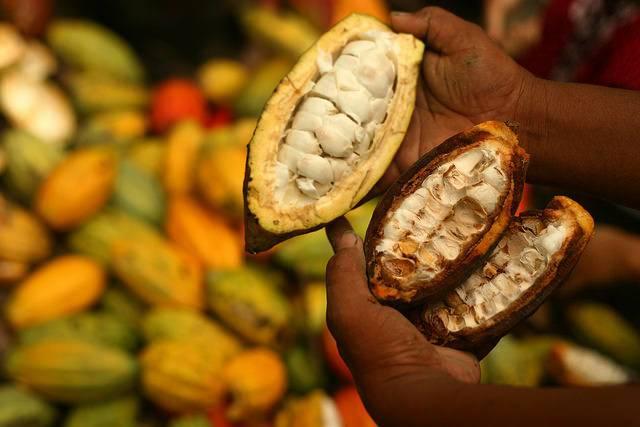
While the growth of multinationals and their complex supply chains together conjure images of sprawling industrial farms raising everything from cotton to corn to beef, the reality is that the vast majority of farms are relatively small and owned by families. The World Bank’s International Finance Corporation (IFC) has estimated that there are at least 525 million smallholder farmers worldwide. The vast majority of these smallholders are in Asia, but more of Africa’s 33 million farmers are becoming part of the global economy. Many of these farmers are mired in poverty, as the IFC has estimated that these farms have declined 25 to 40 percent in size the past half century as such lands are handed down generation by generation.
One company says it will take an active part in finding ways to boost these farmers’ income. Mars Inc. recently launched The Farmer Income Lab, which the company says will function as a “think tank” to ensure that global supply chains work for both small farmers and businesses.
This is a new direction for Mars, which in recent years has focused on a bevy of challenges ranging from reducing its carbon footprint in part by investing in renewables to drafting new anti-deforestation pledges within its supply chains such as cocoa.
But as the company’s chief sustainability officer, Barry Parkin, recently discussed in Huffington Post, a global company cannot make sustainability commitments such as those mitigating climate change while overlooking poverty. Parkin cited statistics on social media last year, during which climate change was mentioned 189 million times while in contrast, poverty only scored 7 million mentions. “This is the elephant in the room for sustainable development,” he said, “If the world is to become truly sustainable then we must end poverty.”
The Farmer Income Lab is designed to help Mars contribute to one of its United Nations Sustainable Development Goals, which is to end poverty. The company says at least 200 million smallholder farmers currently struggle to make a living while producing food for global supply chains. To that end, Mars says it will work with experts to adopt science- and evidence-based approaches in order to create new business models and frameworks that can help end the ongoing problem of farmers' poverty.
Questions this group will answer in the upcoming months and years include: factors that can help farmers boost income; the kind of targets that are realistic in order to build wealth; how can farmers embrace new farming techniques; and identifying other factors in the agriculture sector that can help improve the livelihood of farmers worldwide.
Mars claims it already has a leg up on its sustainable supply chain efforts. Currently, the company says 70 percent of its priority raw materials can be traced to origin. By 2020, Mars has promised to procure 100 percent of its cocoa from certified sustainable sources, with similar goals promised on ingredients such as seafood, rice, tea and coffee. Meanwhile, the company has partnered with Danone to finance a $137 million initiative to build more sustainable supply chains within Africa, Latin America and Asia.
As Mars is amongst the top global food companies that produce food across the globe, the impact the company and its peers can have on poorer countries has long centered these firms in the crosshairs of NGOs such as Oxfam. The British anti-poverty coalition, however, appears to be convinced that Mars is doing the right thing on the responsible sourcing front. “This is a courageous step for Mars to take,” said Judy Beals, Private Sector Department Director at Oxfam in a public statement. “We believe this initiative holds a lot of promise, contributing to meaningful change for farmers living in poverty.”
Image credit: World Agroforestry Center/Flickr

Leon Kaye has written for 3p since 2010 and become executive editor in 2018. His previous work includes writing for the Guardian as well as other online and print publications. In addition, he's worked in sales executive roles within technology and financial research companies, as well as for a public relations firm, for which he consulted with one of the globe’s leading sustainability initiatives. Currently living in Central California, he’s traveled to 70-plus countries and has lived and worked in South Korea, the United Arab Emirates and Uruguay.
Leon’s an alum of Fresno State, the University of Maryland, Baltimore County and the University of Southern California's Marshall Business School. He enjoys traveling abroad as well as exploring California’s Central Coast and the Sierra Nevadas.














